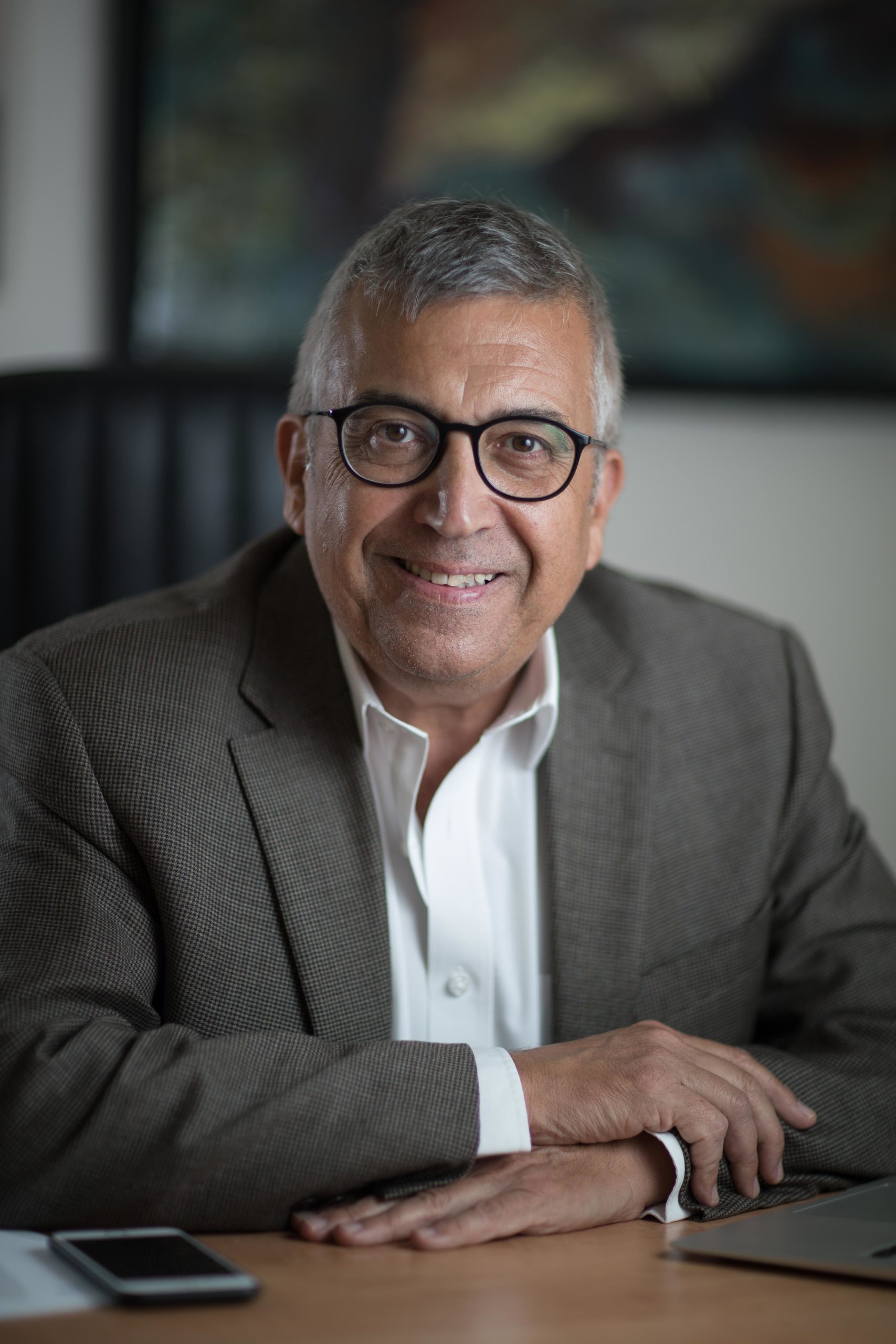To counter the COVID-19 pandemic, businesses worldwide continue to drive their corporate social responsibility initiatives towards supporting their community through the crisis. But, excitingly, corporate investment into fundamental research could now take that concept even further. Laura BonnicI finds out more.
In just over a year, the COVID-19 pandemic has impacted almost every human on the planet. Businesses of all sizes and industries have struggled, while the world watched with renewed interest as scientific innovations progressed in a bid to fight and contain the virus.
Never has there been such a strong connection between the survival of the business world and the advancement of science – so much so, that many global enterprises now regard supporting research as a key part of their corporate social responsibility (CSR).
Indeed, the COVID-19 crisis has elevated an organisation’s philanthropic spirit – which is normally realised through its day-to-day CSR initiatives – from simply feel-good to essential for survival. With the arrival of the pandemic, the world’s businesses urgently channelled their CSR into pivoting their internal operations to ensure the safety, health and wellbeing of their respective teams. Then, they turned their attention – and their CSR focus – outwards to reassure and brace the wider community through the challenging times while pioneering the business forward. And, for many, this has meant accelerating research.
The University of Malta’s Research Innovation and Development Trust (RIDT), which relies on donations to support research in all areas of study at the University, has likewise felt the effects of the pandemic.
Yet, the continued progress of several potentially life-changing projects in Malta has been assured through local organisations that chose to back RIDT using funds raised via their CSR programmes.
Evolve Ltd is one such organisation. “Evolve has recently signed an agreement with the RIDT to support the Electromagnetic Research Group within the University of Malta for three years. The research group has an interdisciplinary profile, with more than 20 members internationally esteemed in their field. This is a perfect example of CSR in practice, where a private company is investing in the research potential of a group of academics and research students,” explains RIDT CEO Wilfred Kenely. “Evolve is also supporting Maltese space exploration through the University’s ‘Project Maleth’, which is to be sent to the International Space Station.” The innovative mission experiment will use the unique access to the space environment, microgravity and high radiation to study biological experiments and answer fundamental biomedical science questions – all of which could help solve real world clinical problems.
Meanwhile, it is not only medical research that is advanced through CSR funds donated to RIDT: the Gasan Foundation is one of three donors to have ensured the preservation and conservation of an important part of Malta’s history. The Matteo Pérez D’Aleccio wall paintings at the Grandmasters’ Palace in Valletta depict in detail the events of the famed Great Siege of Malta of 1565, making them a vital historical artifact. An ongoing project is conserving these paintings with the help of €75,000 from the Gasan Foundation, €75,000 from the Planning Authority, and a further contribution from the Melita Foundation.
“Our ‘Superhero’ campaign also raised crucial funds in aid of children’s medical research,” highlights Mr Kenely. The campaign encouraged customers at stores such as leading garden centre Piscopo Gardens and Pet Shop to add €1 or €2 to their bill at checkout – funds that collectively support fundamental research related to medical conditions affecting children. “The initiative aimed to bring people together, knowing their small contribution could radically affect the bigger picture for these children.”

Some organisations have even opted to formalise their CSR efforts by creating a foundation, such as The Alfred Mizzi Foundation. Following multiple major donations in recent years, the Foundation’s latest contribution of €150,000 supports ongoing research into brain diseases, such as stroke, at the University of Malta. The cutting edge project explores mild sensory stimulation as a non-invasive, drug-free, equipment-free, and side effect-free means of treating stroke – a debilitating condition that has devastating effects on around 400 people a year in Malta alone. With the funds received through the generosity of the Alfred Mizzi Foundation via RIDT, the project can continue to achieve significant breakthroughs that could impact people’s lives across the globe.
Finally, other organisations have launched fund matching CSR initiatives. In fact, to help balance the reduced public funds received by RIDT throughout the pandemic, the University of Malta has ringfenced a portion of its research budget to match – and effectively double – the amounts donated to RIDT from corporate ventures. For the duration of the campaign, any donated funds from any company across Malta will be matched by the University, giving sponsors the opportunity to create more impact with their donation and benefit from a tax incentive whereby they may deduct the donated amount from their taxable income.
So, by simply channelling its CSR efforts into research, an organisation can make a huge impact in the community and support life-saving and innovative projects. All this while helping to create a post pandemic world that has a social responsibility as its beating heart.
For more information or to make a donation to the RIDT, kindly visit www.ridt.org.mt or the RIDT-University of Malta Research Trust Facebook page, or send an email on info@ridt.org.mt.
